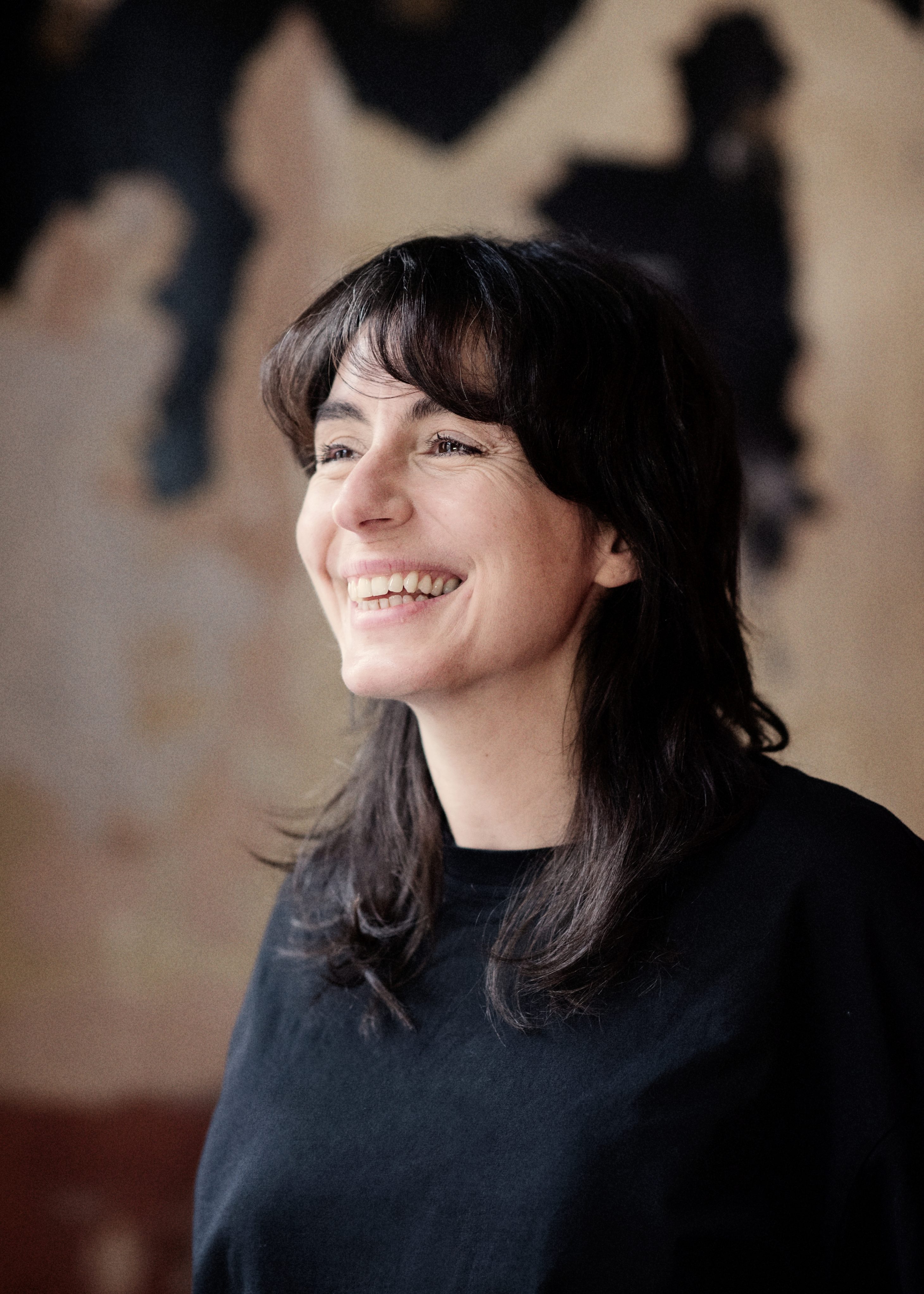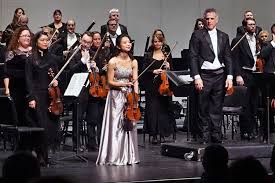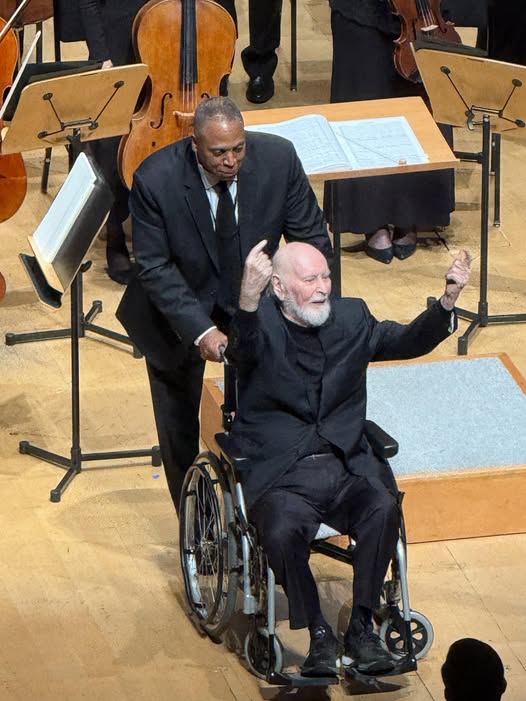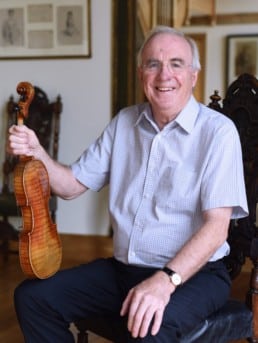Wales names two political women opera chiefs
OperaWelsh National Opera is in trouble. It has hired two co-directors, both with social-campaigning credentials.
From today’s press release:
Welsh National Opera has announced today that internationally renowned Opera and Theatre Director Adele Thomas and visionary Creative Producer from The Royal Opera, Sarah Crabtree will jointly take up the role of WNO’s General Director & CEO from January next year….
Adele Thomas (pictured) has firmly established herself as a major force in opera and passionate advocate of the artform and has a specific interest in campaigning for support for directors from lower income backgrounds…
Sarah Crabtree is Creative Producer and head of Linbury Theatre at The Royal Opera House… Sarah also drives the Royal Opera’s equality, diversity & inclusion agenda.






Comments